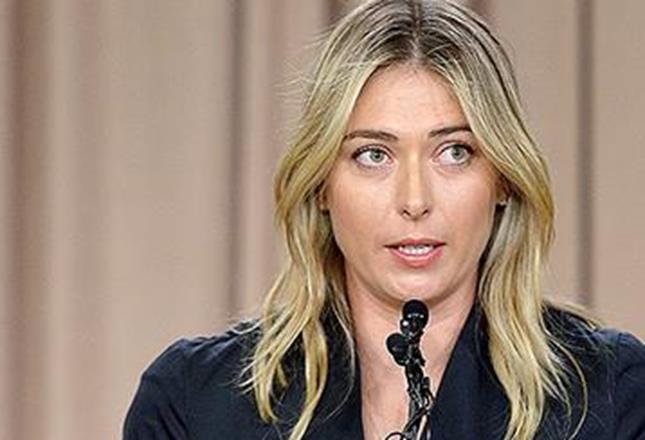
In the wake of Maria Sharapova's admission of doping, Luke Roberts, Commercial Manager, looks at Nike's position to suspend its contract with her and contrasts it with the sportswear giants previous reactions to brand scandal. Has the traditional sponsorship model been disrupted so much over the past year, that sponsors are now becoming moral arbiters?
After assessing the potential reputational damage brought about by Sharapova’s ‘oversight’ and failing to check her emails, Nike has decided not to support a tennis superstar with whom it has had relationship with since the age of 11and an athlete they have received considerable ROI from. Five years ago, they would not have responded so quickly, standing by international figures such as Armstrong, Woods and even Pistorius during ‘troubled times’, so why has Nike’s reaction to Sharapova been so different?
One explanation may be that the recent allegations around state-sponsored doping in athletics and systemic corruption within the IAAF and FIFA has meant that the environment has completely changed and sponsors are now taking the moral lead. But I have my doubts.
Observing how one of Nike’s global sportswear competitors, Adidas, reacted to the aforementioned world governing body allegations, I would suggest that terminating or suspending sponsorship on ethical grounds is of a lesser concern to these companies than whether the consumer has a negative view of the brand being associated with the property and consequentially, sales are negatively affected. In the case of FIFA’s corruption, the CEO of Adidas said “the image of our products have never been better…I am definitely convinced that the consumer clearly differentiates between us as a company and the brand from what’s going on in FIFA.” Positive sales results clearly outweighed the ethics.
I think that this has also been true since Sharapova’s doping announcement on Monday. Her failed drugs test has provided the Nike brand with a convenient opportunity to sever links with an athlete who is approaching retirement and has won only one grand slam title from her past thirteen attempts. Whilst on the surface, sponsors may be beginning to be perceived as moral arbiters, I would suggest that they have actually found a way to candidly escape an expensive deal.
Another explanation for Nike’s rapid suspension of Sharapova is that the company has learnt from previous athlete scandals, with the brand’s reputation burnt through such endorsement. If this is true, then why did Nike give the controversial sprinter, Justin Gatlin, a new sponsorship deal in 2015 when he had already served two doping bans? The answer is that business, rather than morality, still defines sponsorship strategy.
Gatlin was given a new sponsorship deal because he was considered by Nike to still be at his peak and can be the main challenger to Usain Bolt for the 100m title at Rio 2016. The chance to re-sign a home-grown potential Olympic champion and be on top of the podium – higher than Bolt’s Puma brand – was too good to pass by. Going back to the comparison with Sharapova, there have been suggestions that Nike were already lining-up the upcoming and model-like Canadian, Eugenie Bouchard, as Sharapova’s replacement and her announcement was a great excuse to accelerate this brand-ambassador succession planning.
So what does the current sponsorship model actually now look like? Well, what is clear is that reputation in the business of sport is acutely important and the consumer is becoming increasingly powerful. The dynamic social media environment allows the consumer to provide instant reaction to scandal or big announcements. Sponsors are also now having to react faster in this modern social world, but I would argue this actually gives them more control of their investments as they are able measure reaction and apply closer inspection to the value they’re receiving from the athlete or property. Companies will increasingly approach sponsorship as a business solution (not just as advertising or marketing communications) and when this solution cannot be communicated due to negative consumer reaction amid scandal, then they will quickly decide whether or not to terminate an agreement.
This afternoon, the Chancellor delivered her Budget speech to Parliament, outlining decisions on tax and spending.
Read moreAhead of the Chancellor’s Budget statement on 26 November, we take a look a look at the key areas to be aware of and the work the Alliance has been doing lobbying on behalf of members.
Read moreGovernment has today formally launched a consultation on reforming the role of statutory consultees in the planning system. The consultation runs for eight weeks, closing on 13 January 2026.
Read moreJoining the Sport and Recreation Alliance is pretty simple, but worthwhile!
Register now